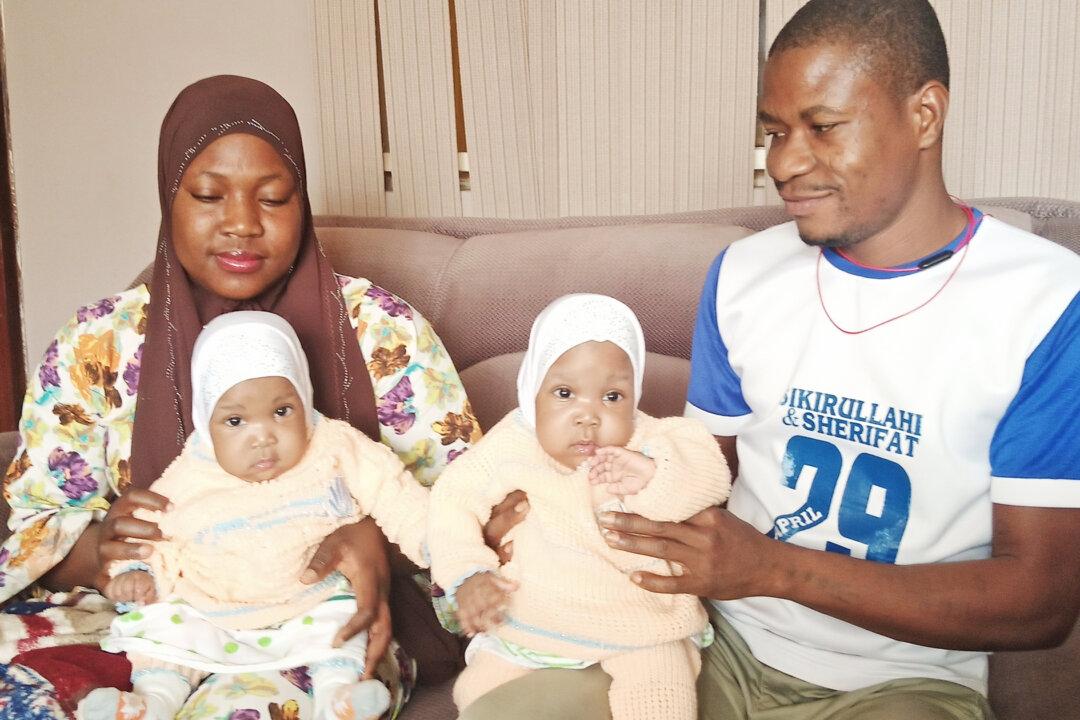Warning: This article includes content some readers may find disturbing
A set of conjoined twin girls have been separated at a teaching hospital in Nigeria, making it the first successful operation of its kind in the hospital’s recorded history.

A set of conjoined twin girls have been separated at a teaching hospital in Nigeria, making it the first successful operation of its kind in the hospital’s recorded history.